Introduction to Degrowth
Presentation slide deck
I published these ‘Introduction to Degrowth’ slides last year, as I had prepared them for a presentation and I thought they might be useful for others too.
Lately, I’ve been thinking it’s time for a refresh. So, I’ve updated the slides with 2024 data where it’s available, but most importantly I’ve come to realise that I was missing a key component of the global justice aspect of degrowth, and I wanted to redress that. Slides 21, 22 and 31 are new and are an attempt to summarise the key aspects of an internationalist approach to degrowth, that fully considers the colonial nature and power imbalances of the current global economic and financial systems.
There are 36 slides in total and there’s a link at the bottom for anyone who would like to be able to display them in full screen format/presentation mode.
Here is a link to view these slides in full screen format/presentation mode.
If you have any feedback on these slides, please share it with me in the comments or by reply email. I’m trying to incorporate as much feedback as I can so that these slides are as useful and as accurate as possible.
I’d prefer not to put my work behind a paywall as I want it to reach as many people as possible, but if you found these slides valuable and would like to show your appreciation, I’d love it if you could buy me a coffee:
As an aside, the biggest criticism I hear about degrowth is the name, which I can understand, but don’t agree with. I struggle with the both ethics and efficacy of using other terms that are seemingly much more palatable but aren’t upfront about what is required, such as ‘regeneration’ and ‘wellbeing economy’. Sure, they sound nice, but to me it’s like a doctor trying to avoid using the term ‘cancer’ because it sounds negative, and instead focusing on what he wants more of, rather than less of. Imagine a doctor faced with a patient who has cancer not using the term cancer and instead saying “we need to focus on boosting healthy cells!”, when he knows full well that no amount of focusing on healthy cells save his patient if he doesn’t actively focusing on degrowing the cancer cells.
The pushback I hear about the term degrowth feels like an attempt to avoid anything negative, and honestly, like our minds have been colonised by capital, where we need to adequately ‘brand’ even the best path out of ecological collapse. We are well into the 6th mass extinction. The news is bad, and no amount of positive branding is going to change what is required if we want to avoid triggering ecological tipping points.
In the piece below I look at why we use the word degrowth. At the bottom of the page I link to articles by other academics who list their reasons for using this term:
Degrowth: No, Let's Not Call It Something Else
Photo by eberhard 🖐 grossgasteiger on Unsplash In search of alternatives I agree with the concept of degrowth, but isn’t there a better term for it? We get this question a lot from people who fear that the term “degrowth” sounds too negative in a world where economic growth is almost universally considered positive. They worry the perception that degrowth…


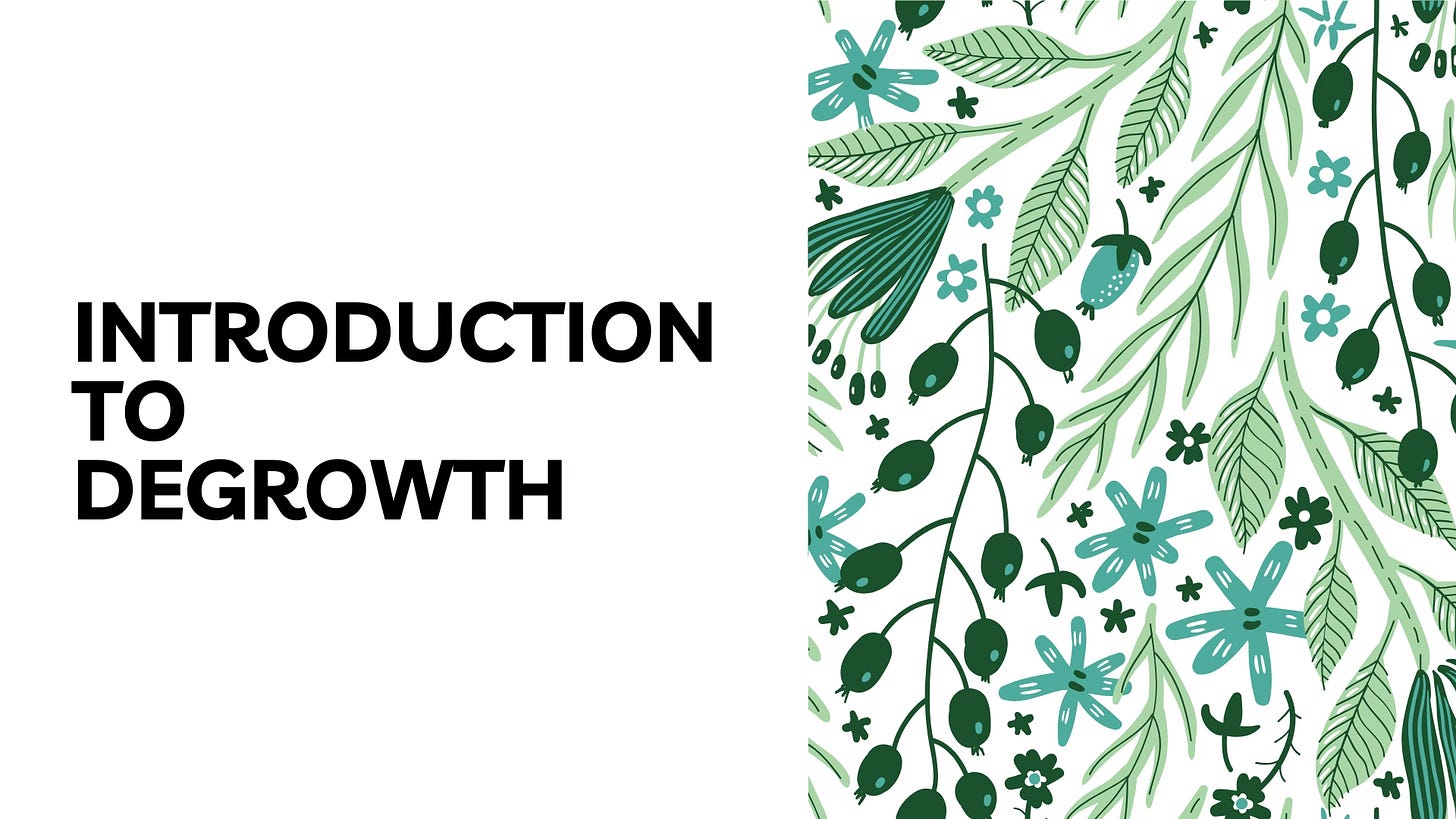


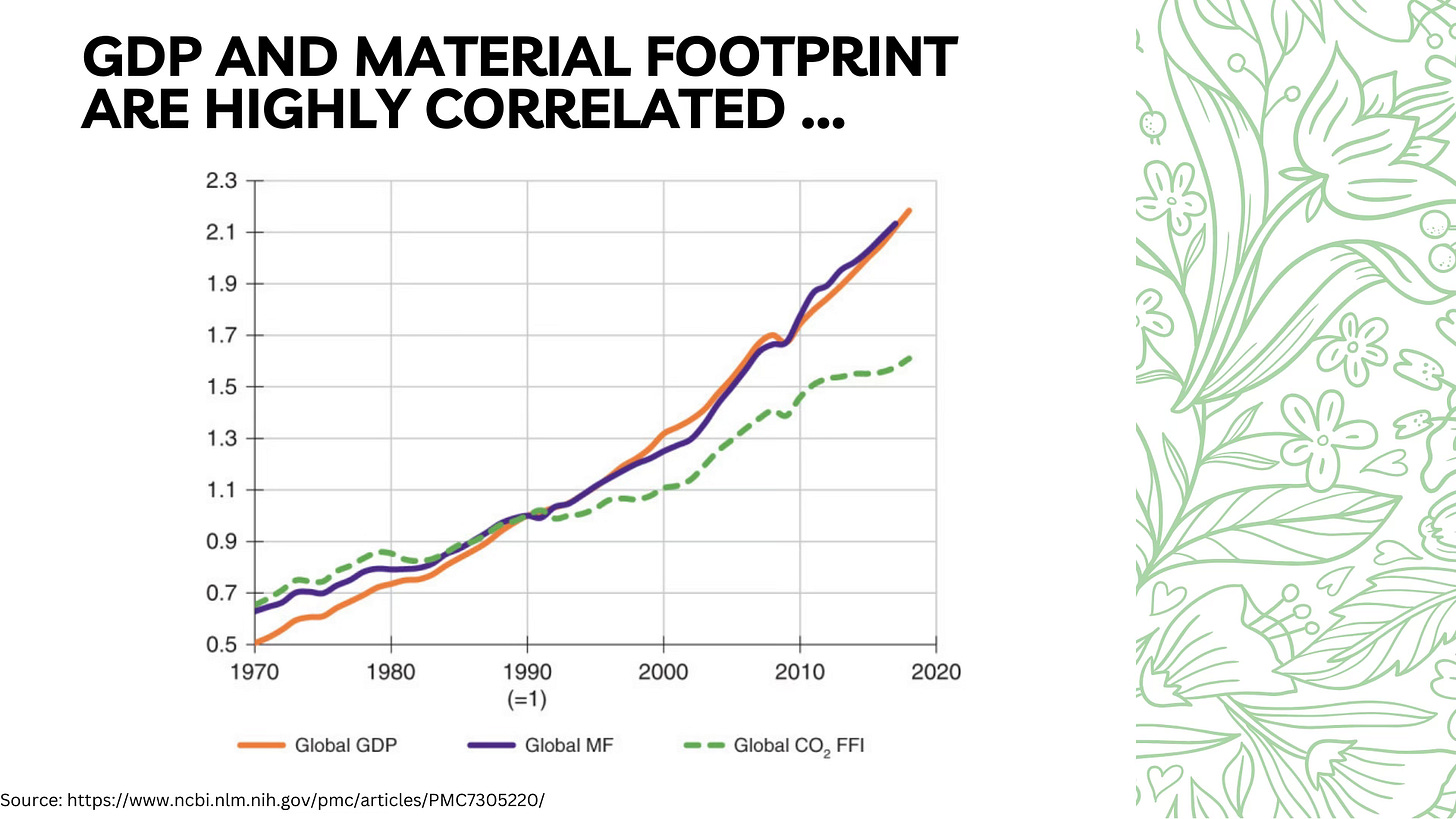




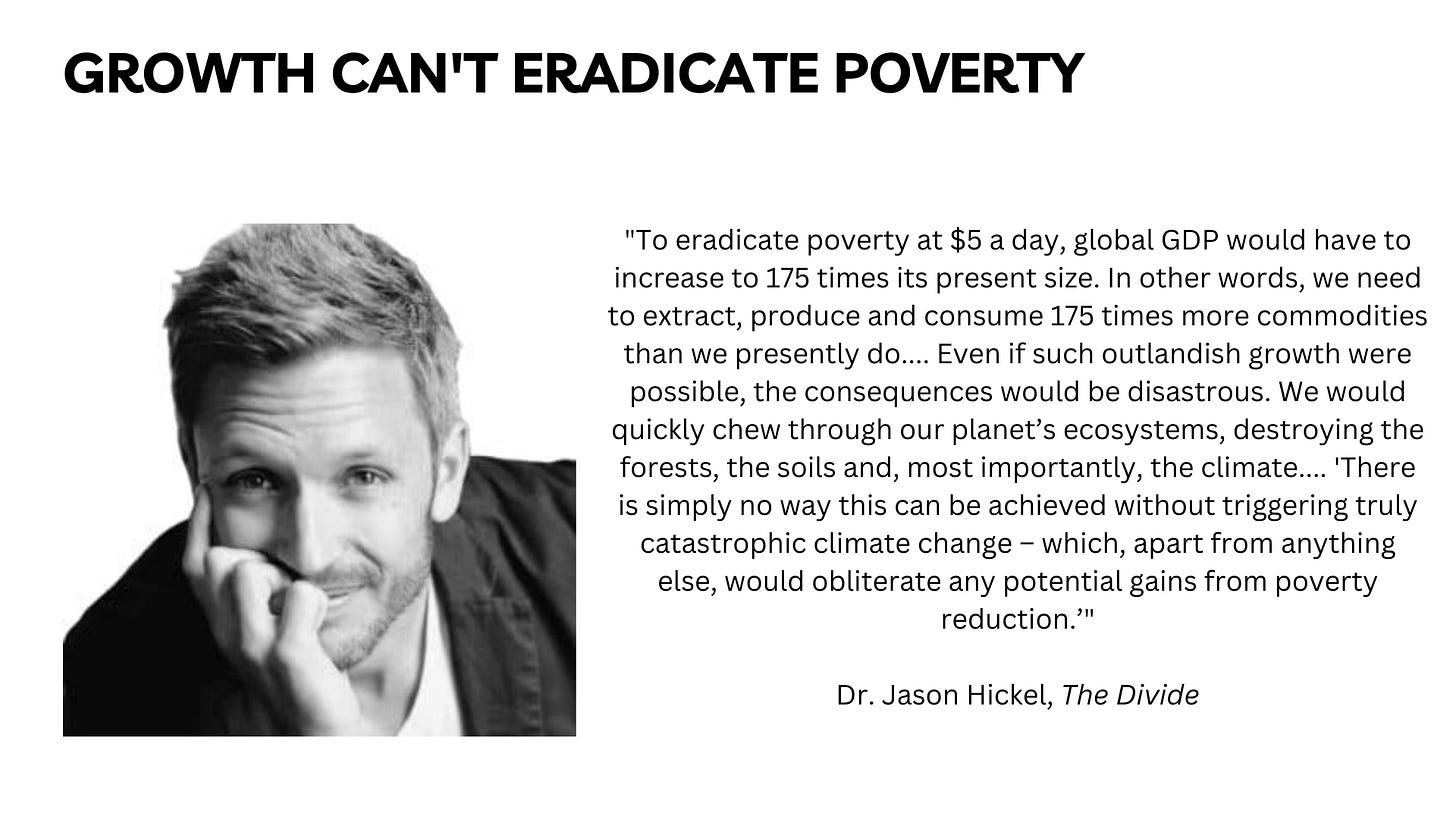

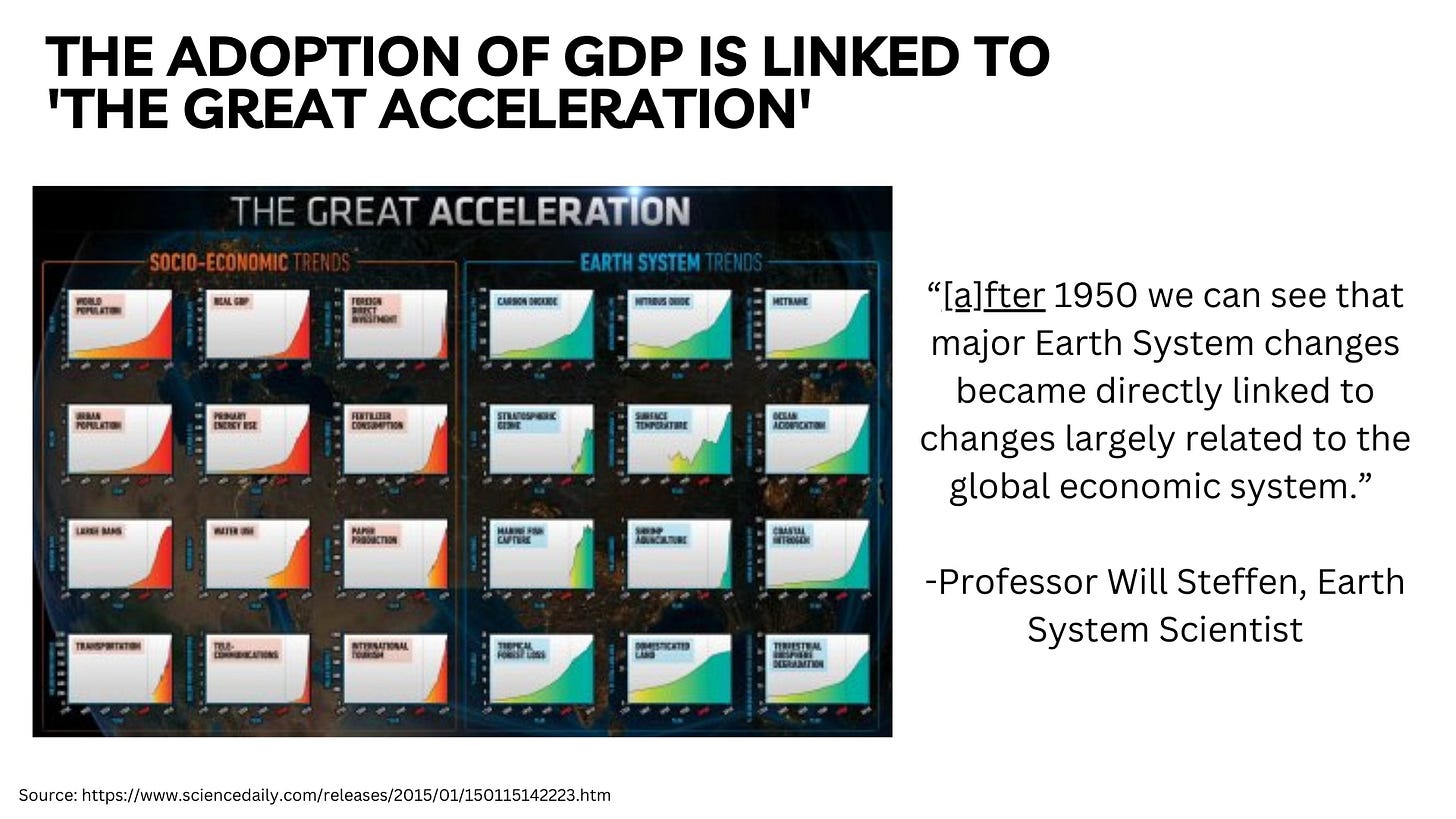

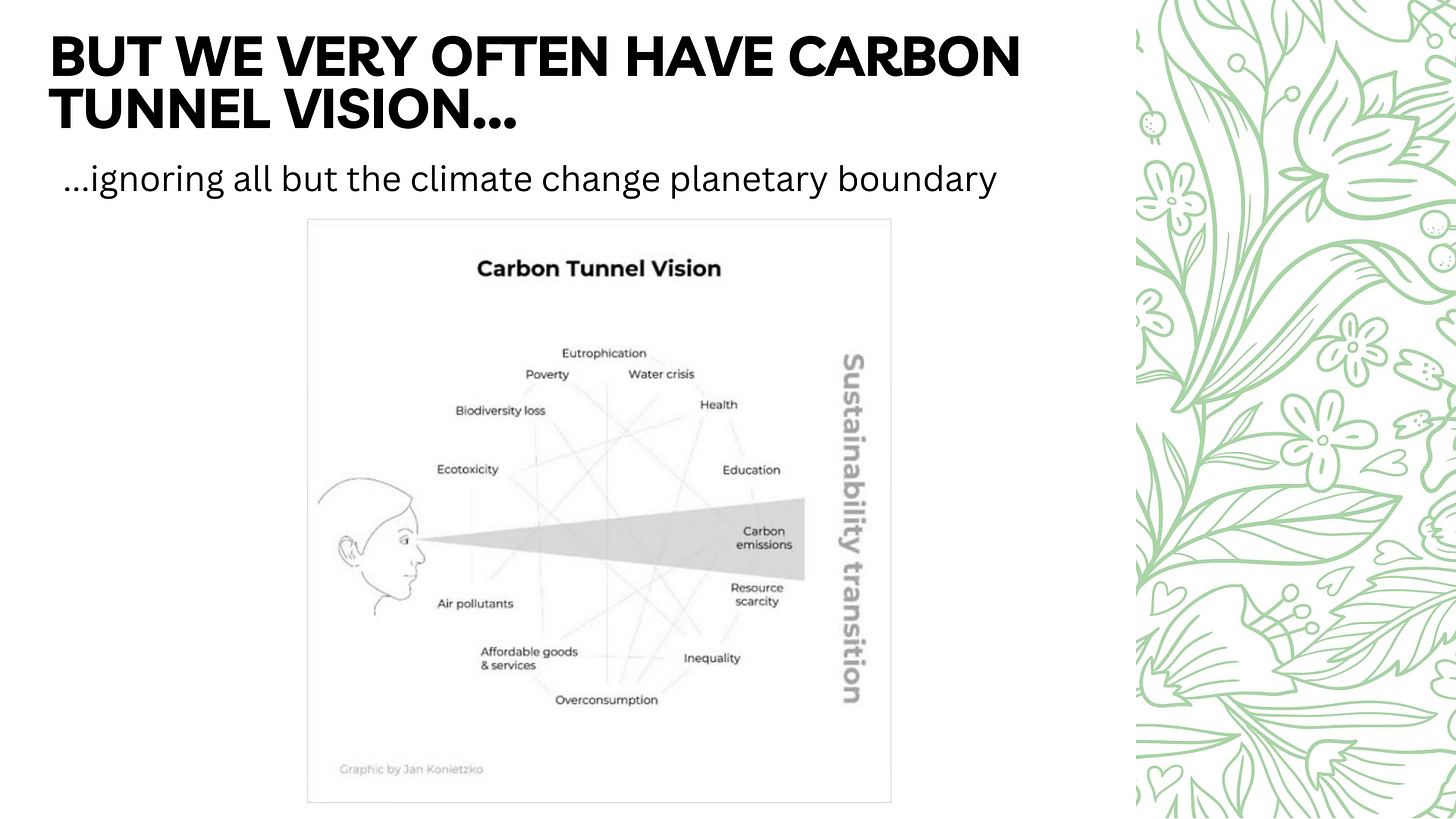


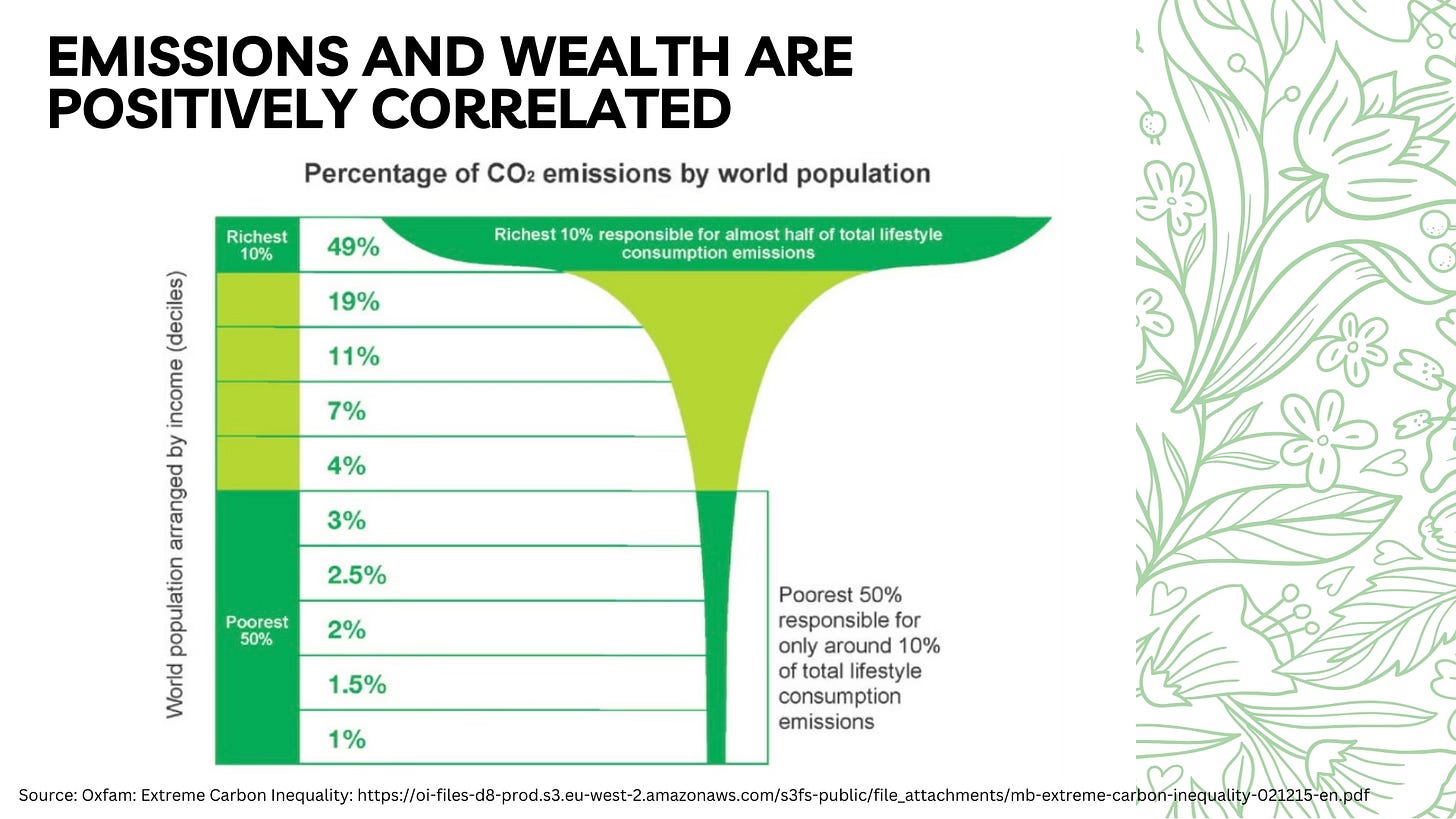
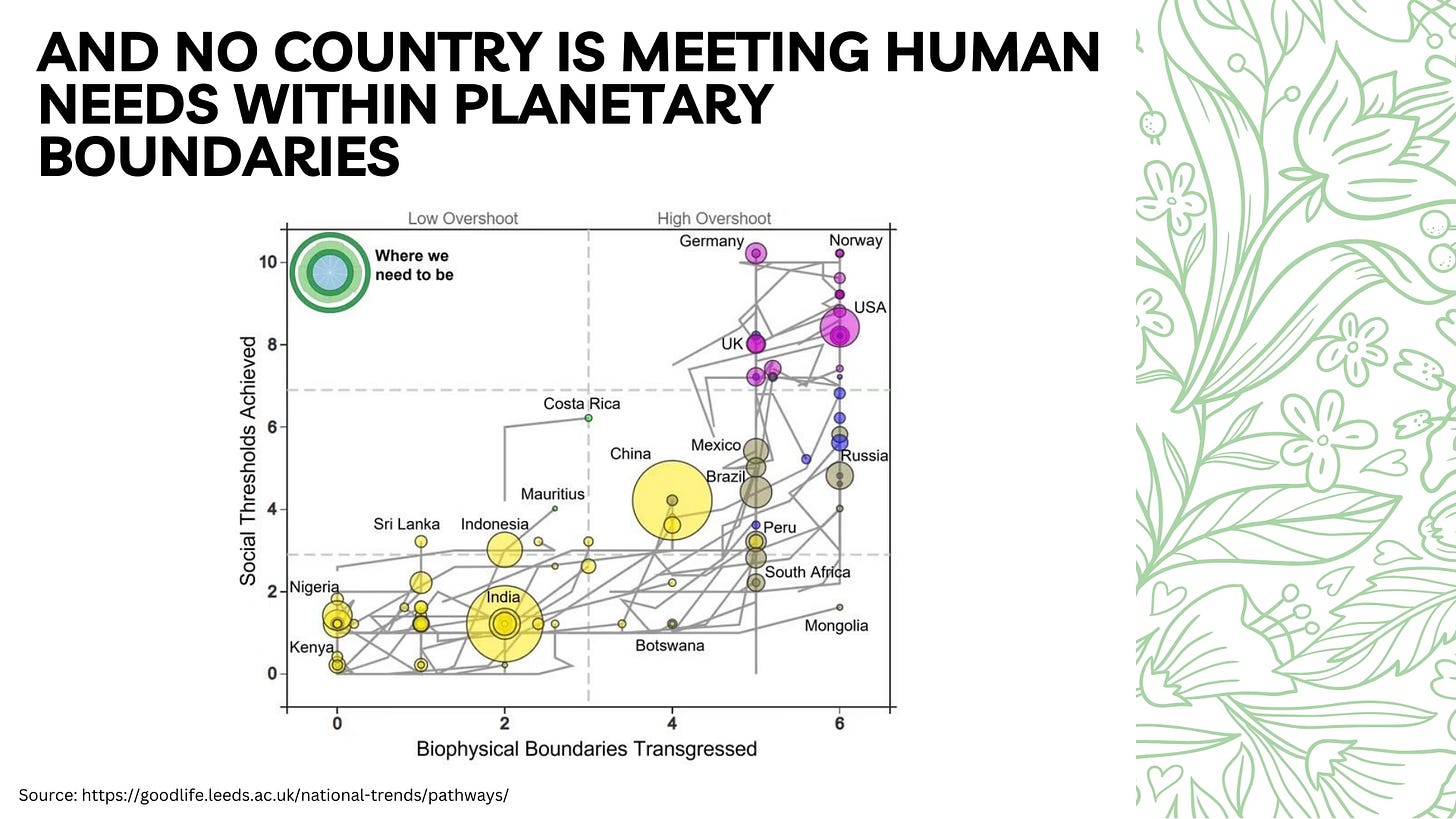
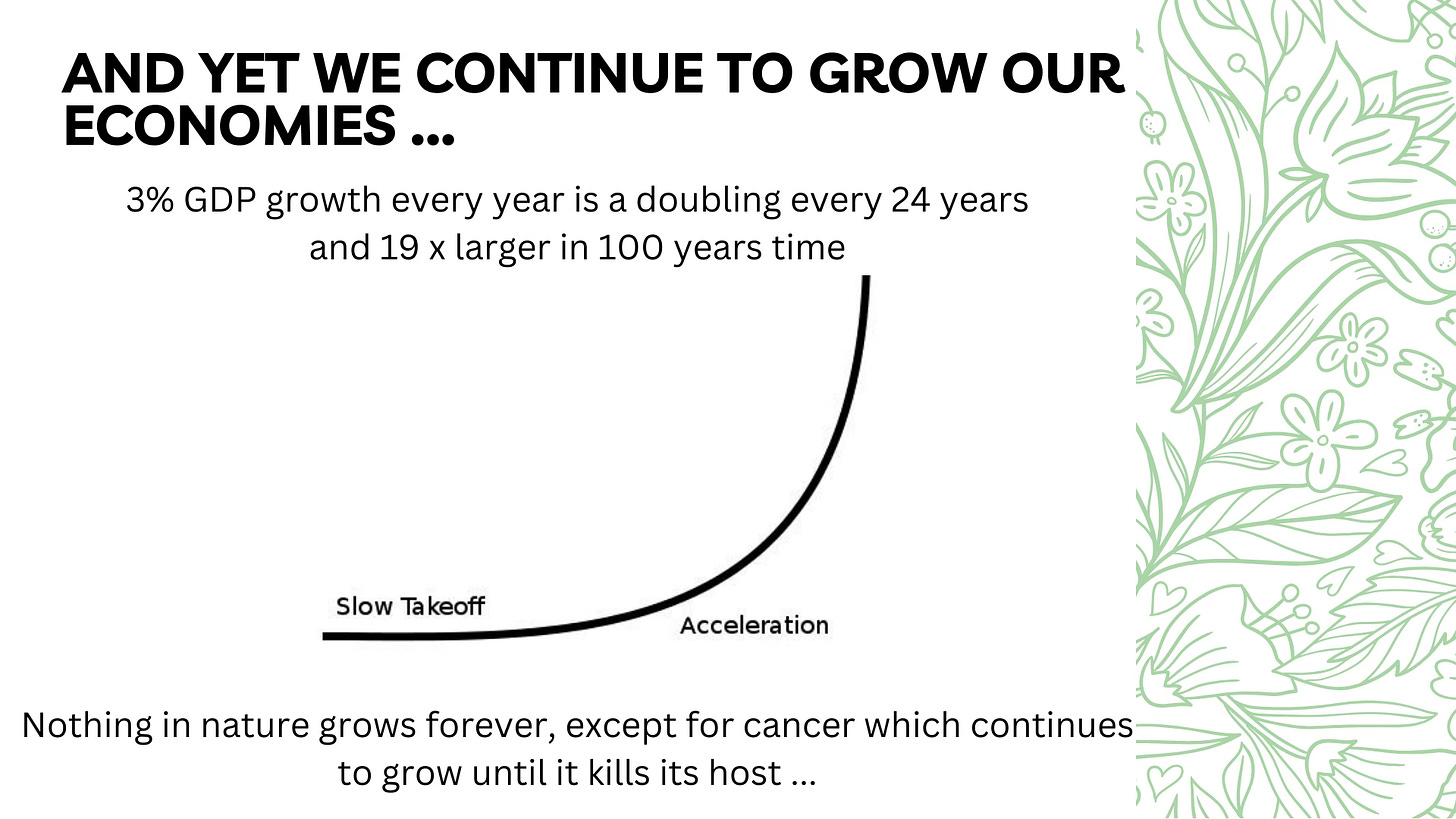
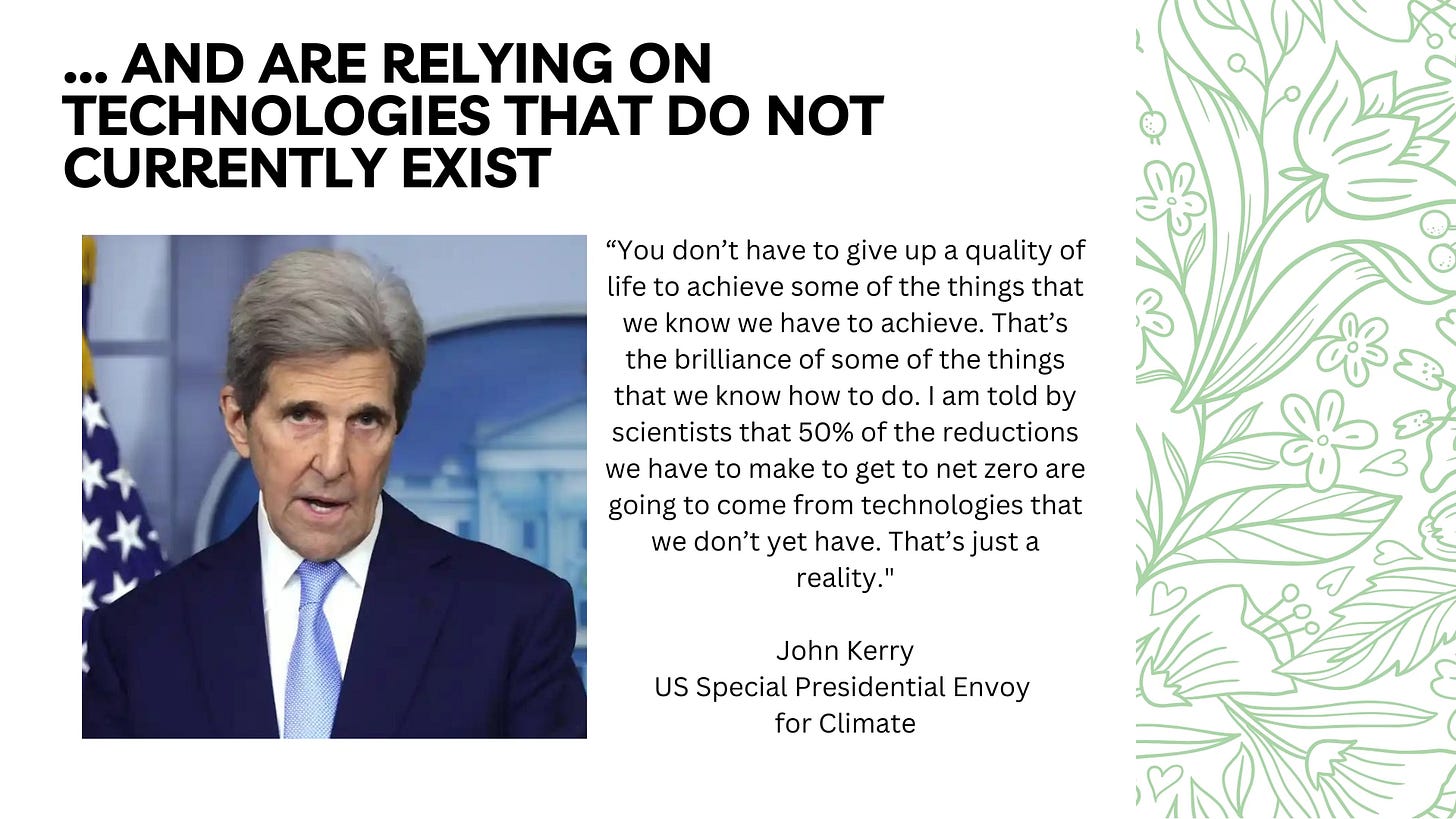
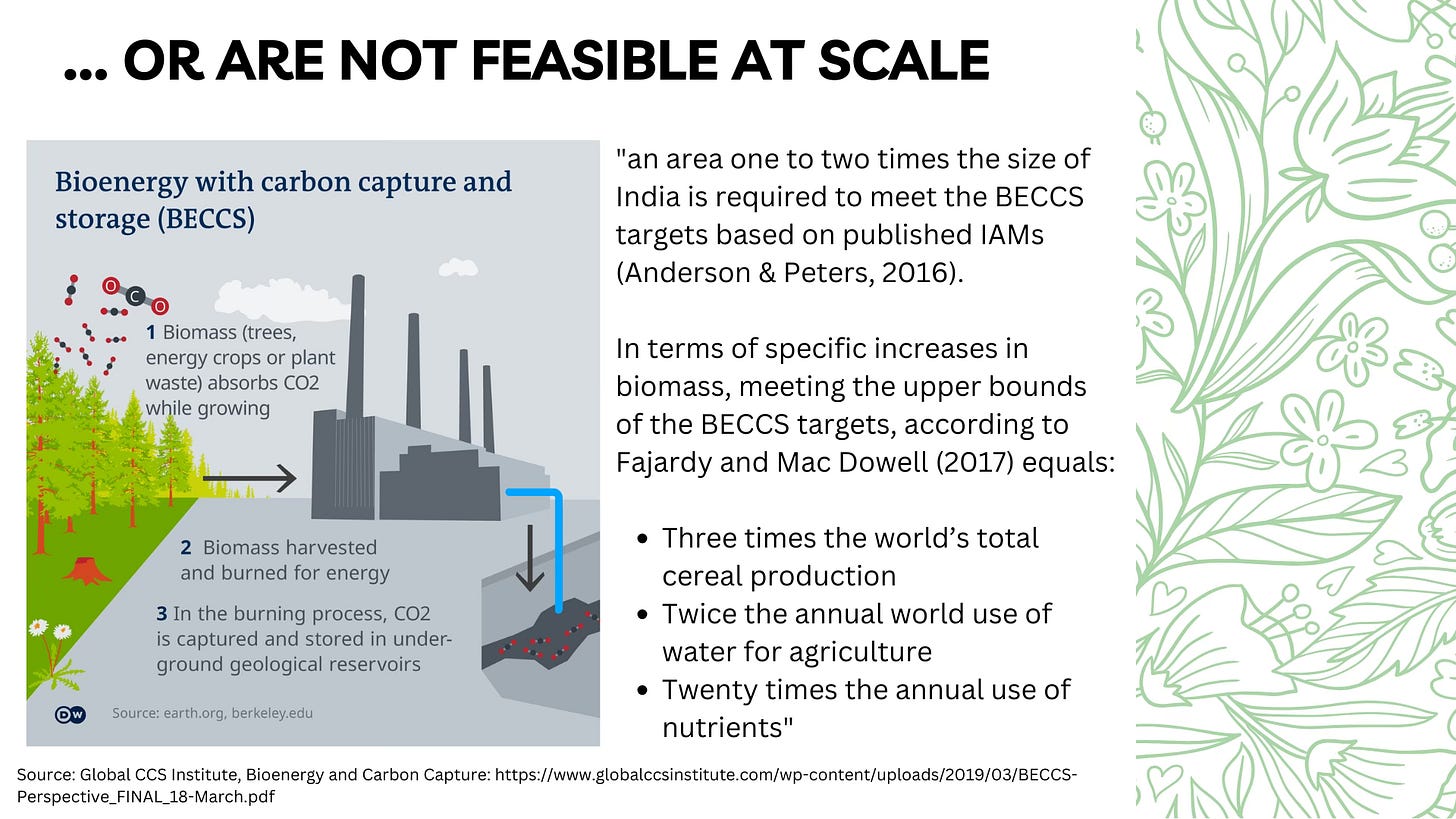


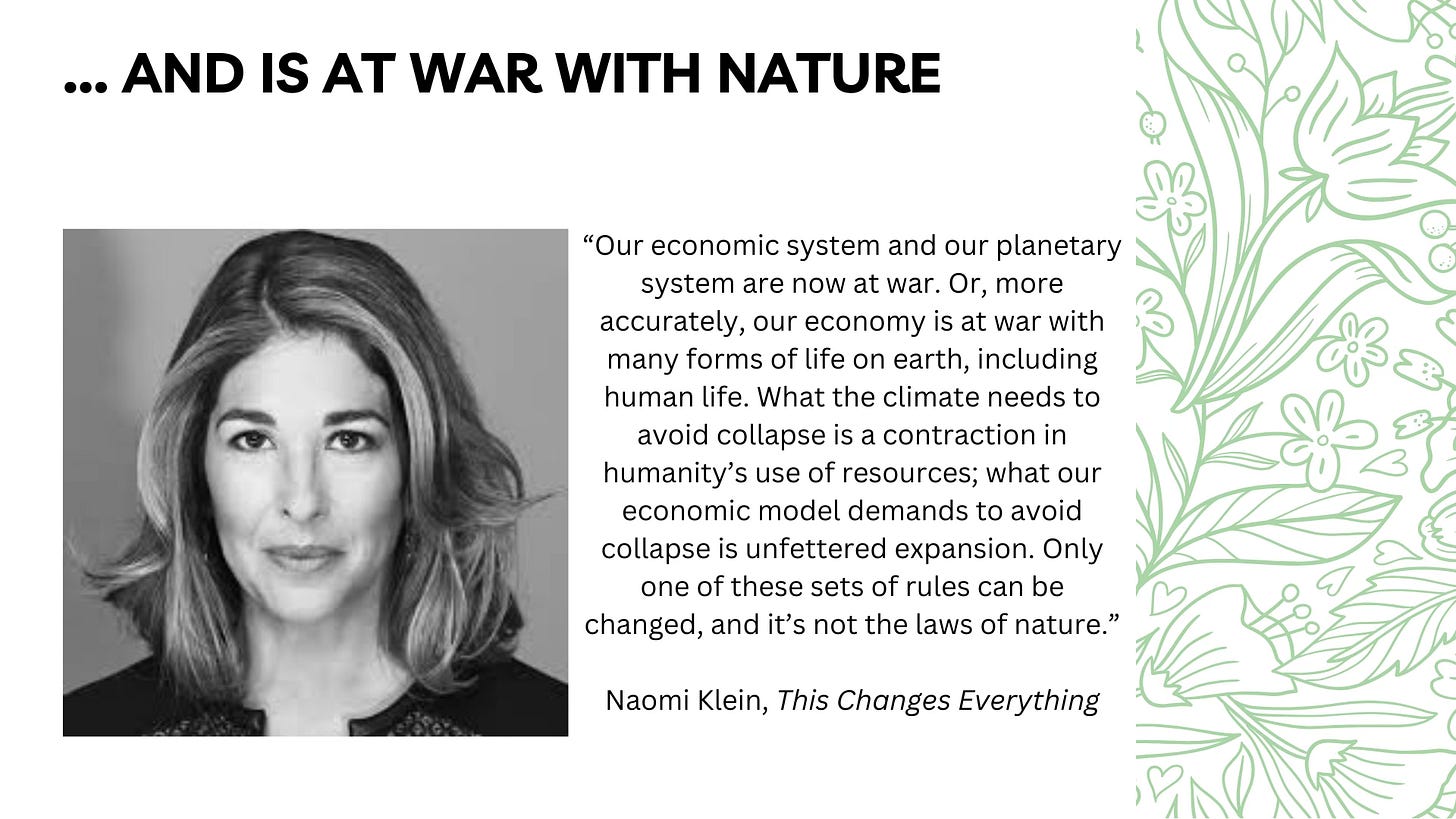



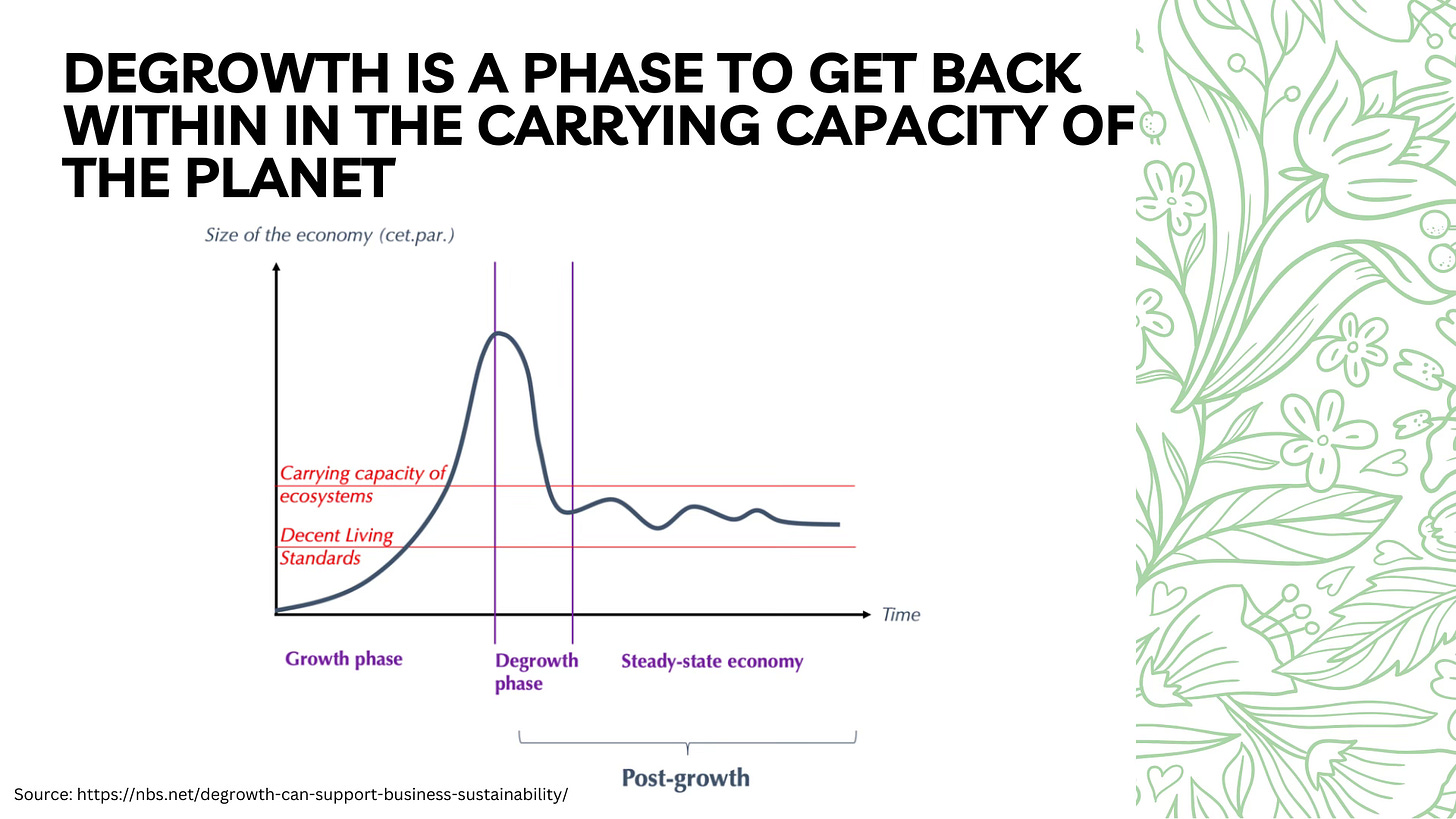
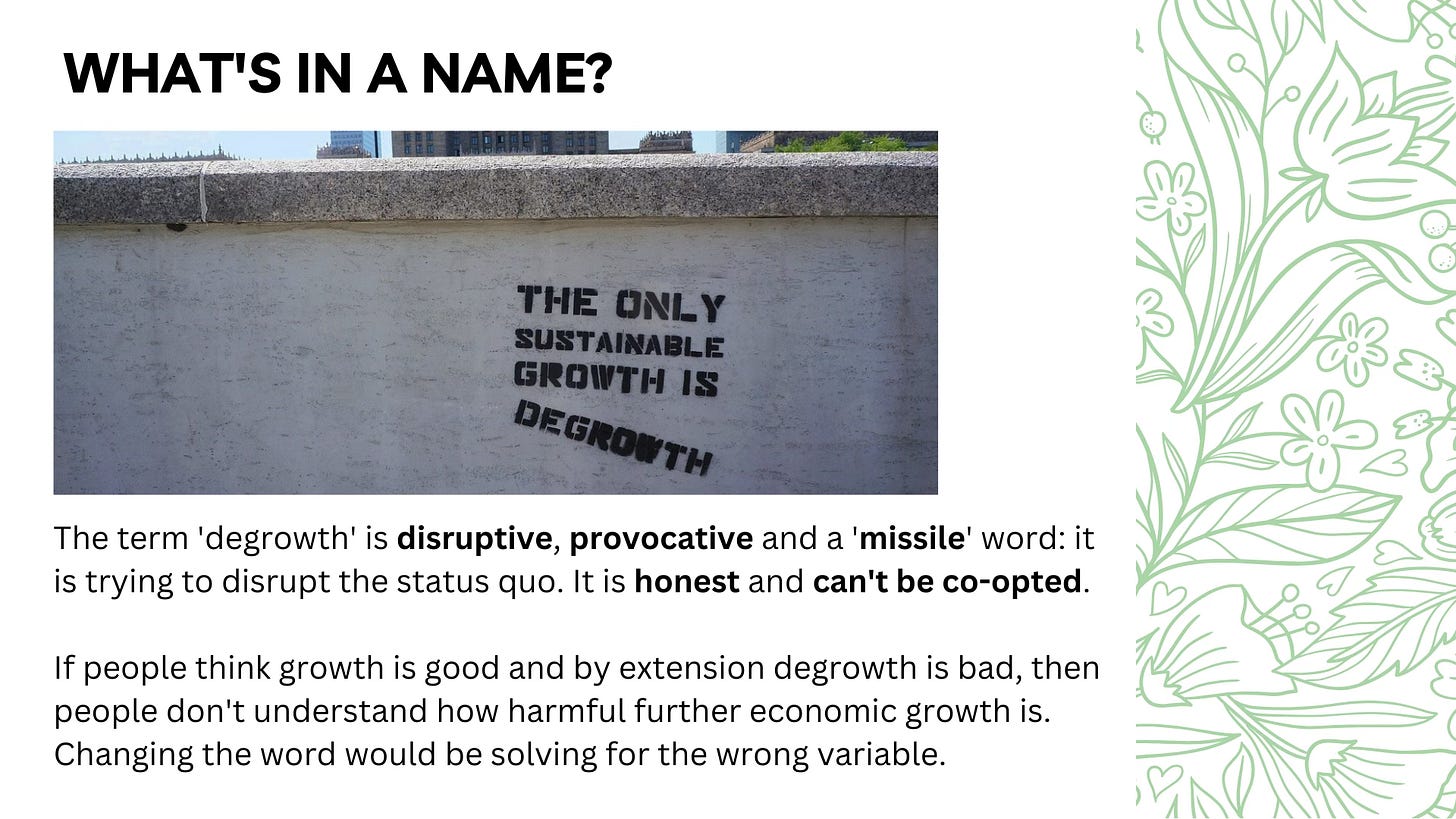

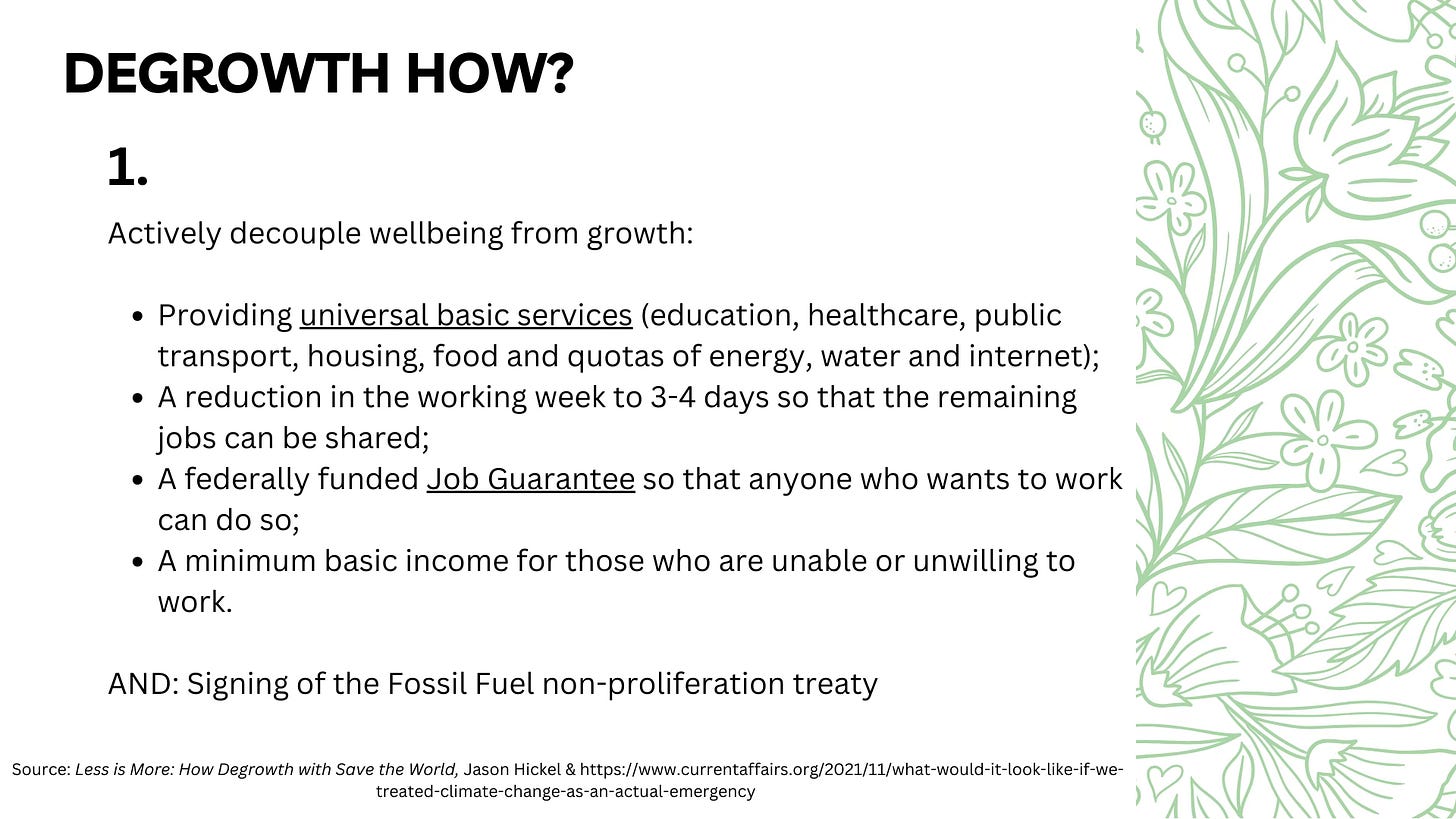
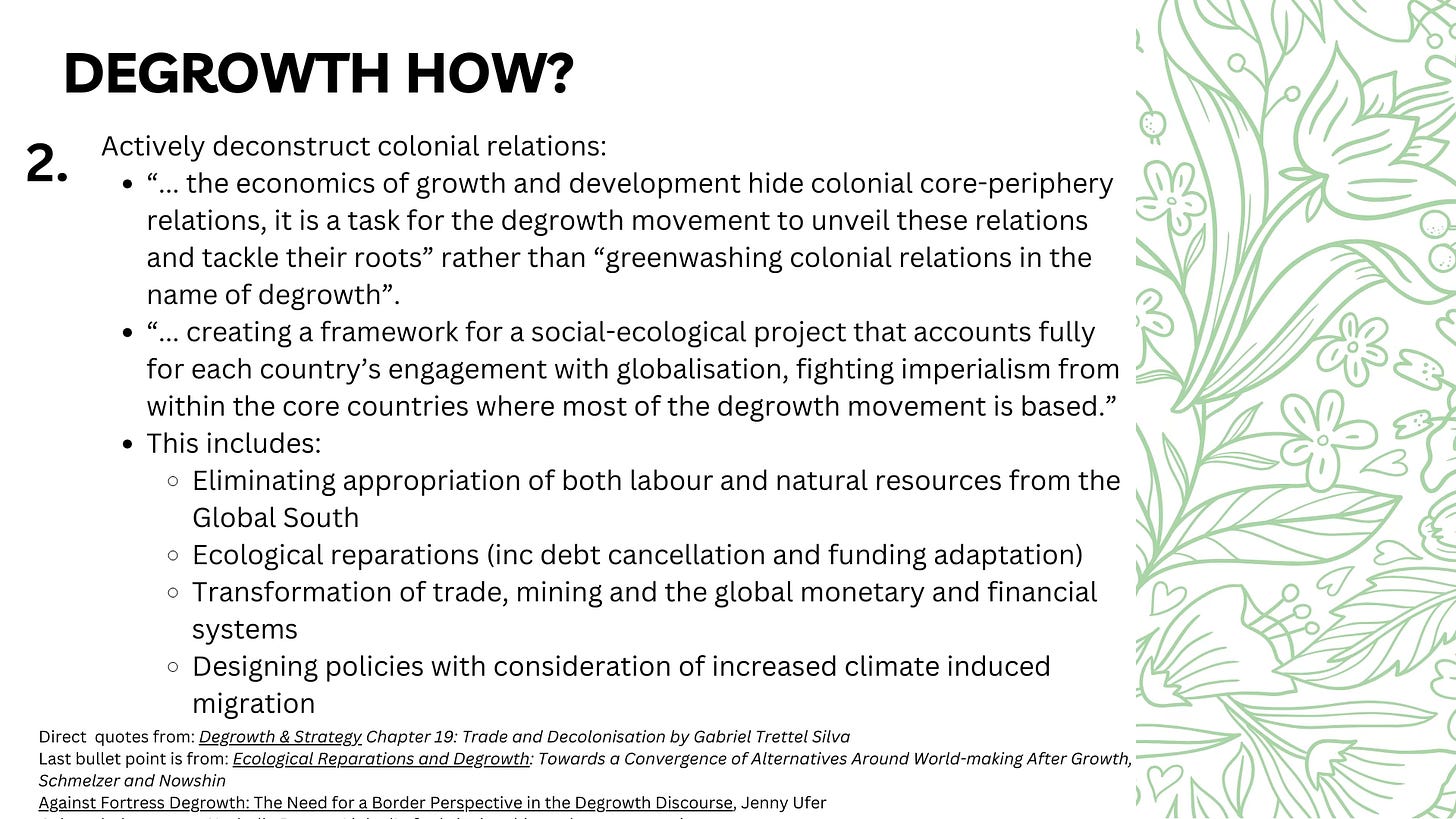
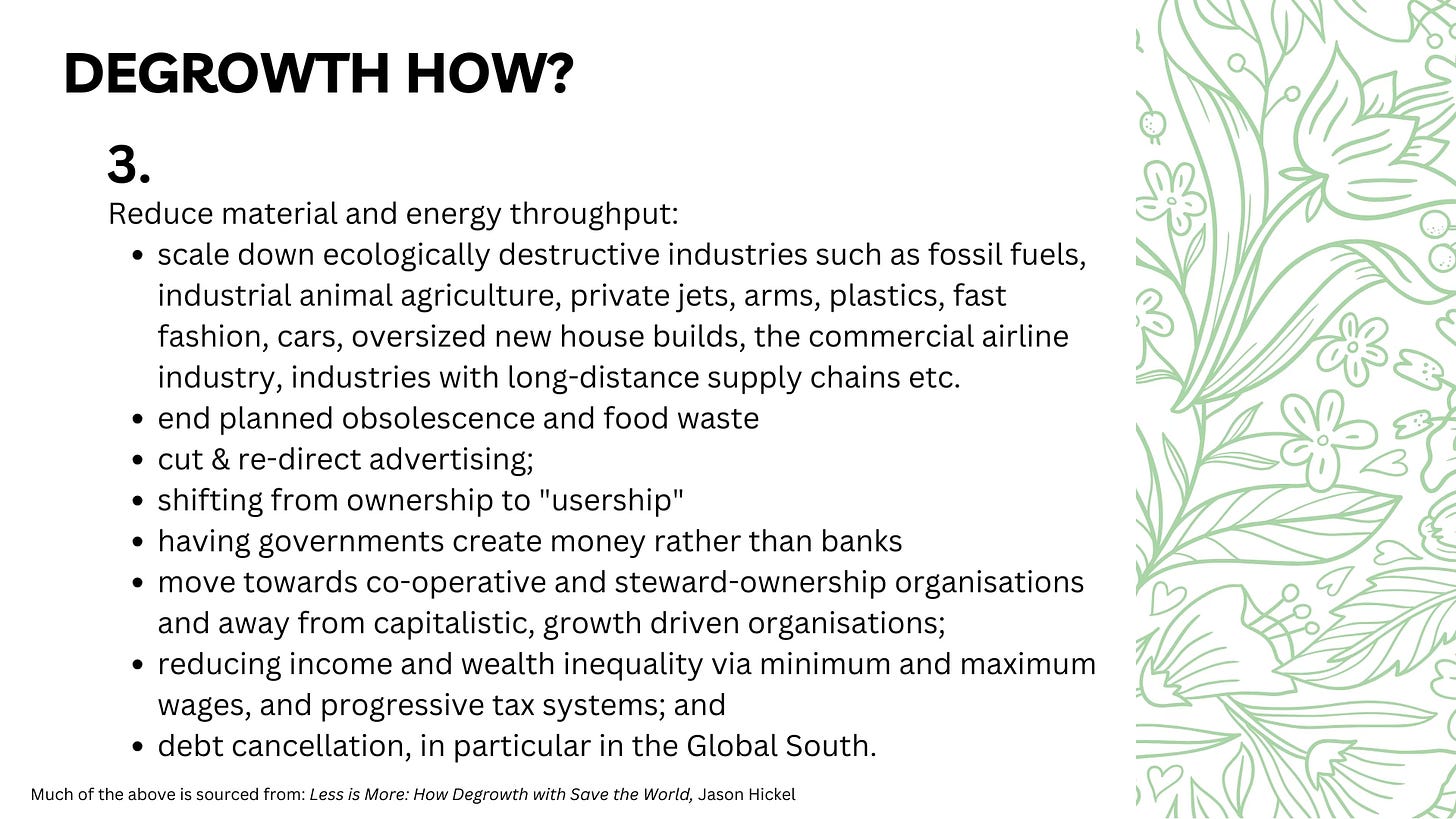
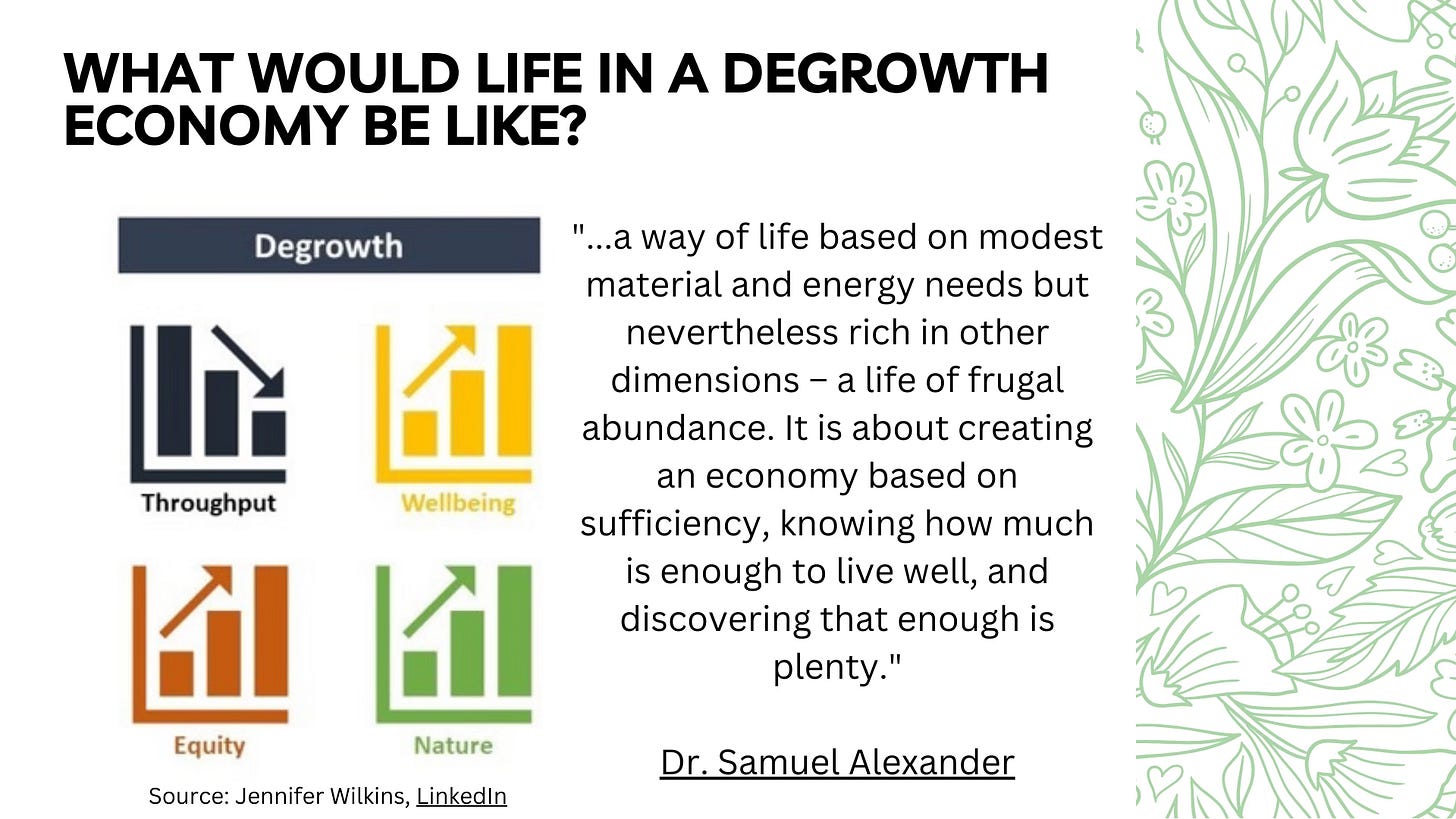
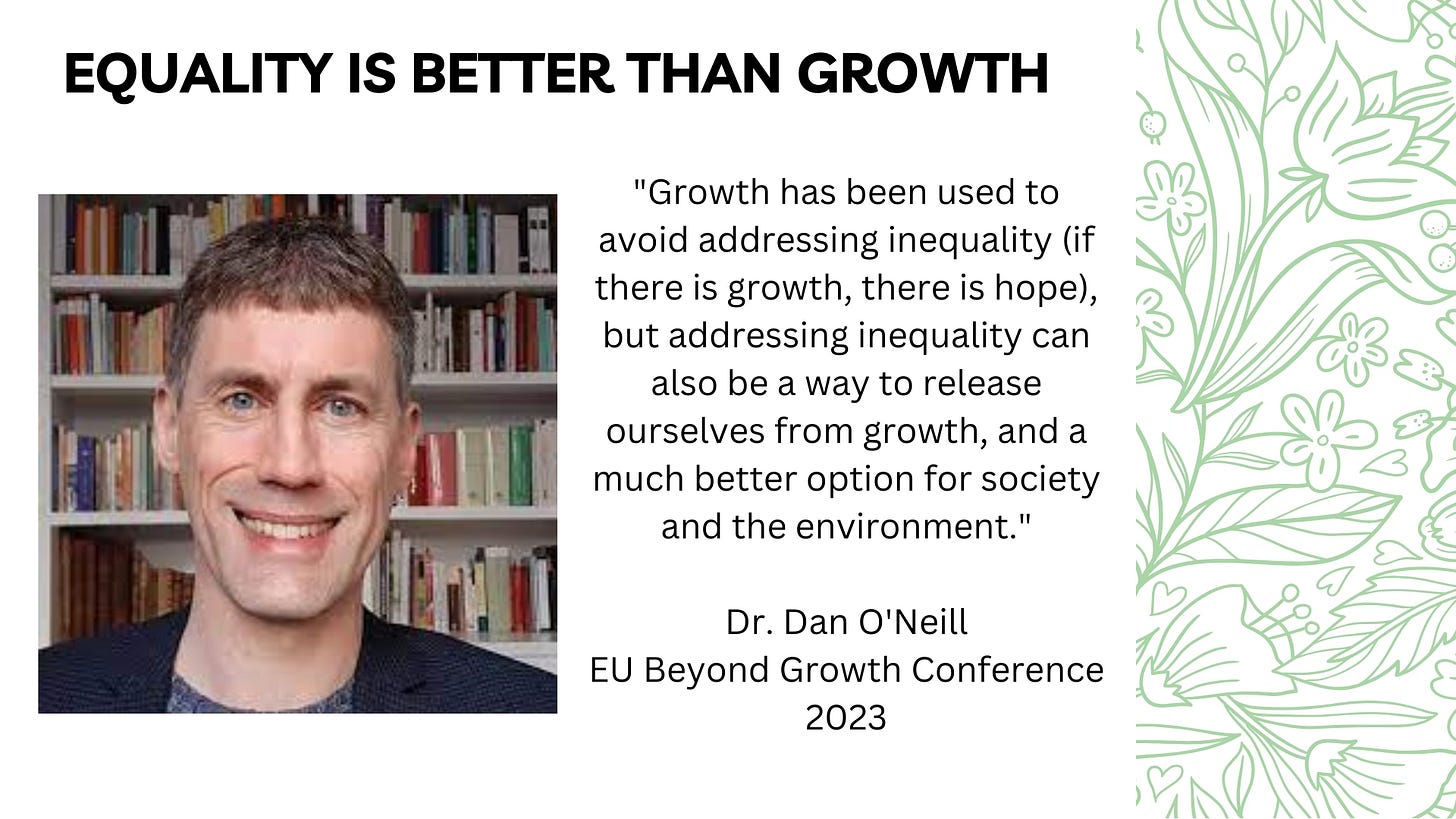



More power to you, Erin
Thank you for this resource & information, felt like a great intro to the topic as someone fairly new to it. I imagine a hard aspect in all of this is balancing degrowth and equality. While many countries/regions/etc can and should practice degrowth, there are many developing regions that desperately want growth to have access to basic needs and opportunities. I guess in the nuances of it all, degrowth is also a balancing of growth, or about the equality of growth - some degrow while others grow, and ideally we all meet somewhere in the middle. While I agree with your comments about using a term like degrowth, that is perhaps one aspect of the name that could be misconstrued, but I do agree that the directness of a term like degrowth is powerful. Thank you for this!